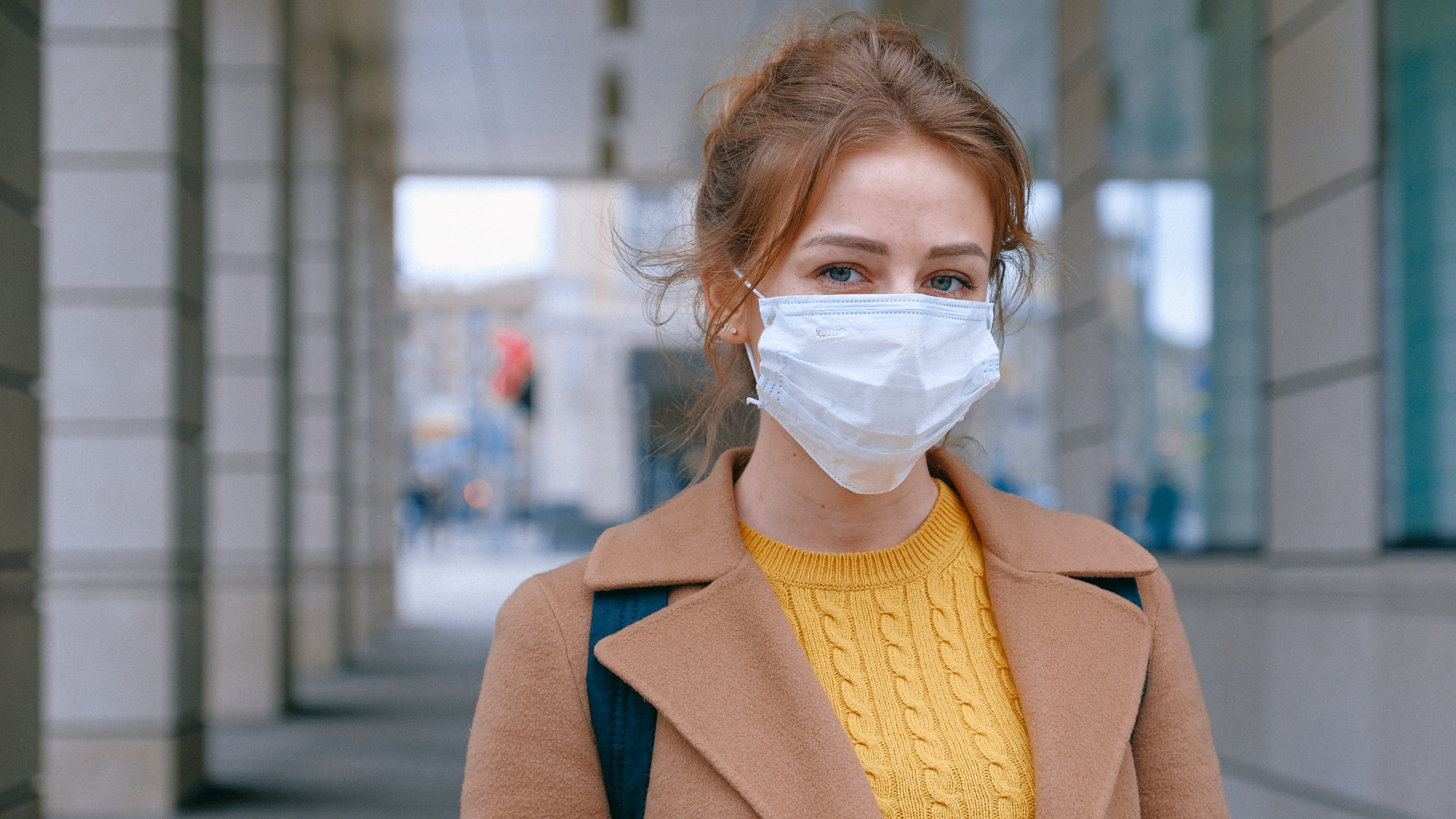Many people think they will contract the coronavirus in the next months
Hungarians are rather pessimistic about the next few months regarding the Covid-19 pandemic. In a representative nationwide survey among the adult population conducted by Richárd Szántó and Levente Dudás, researchers of the Corvinus University of Budapest, 42% thought that they would probably contract the virus in the next six months.

Nearly two-thirds of respondents are particularly concerned about the pandemic, but it also appears that a small proportion of the population (6%) is not concerned at all. People aged between 18-24 years are the least afraid of contracting the virus or becoming seriously ill in the next 6 months, but they are also the ones who trust the least that Hungarian citizens will observe the rules.
The majority have not had any symptoms yet and only 2.5% of respondents said they had earlier been tested positive. This is mostly in line with the official Hungarian data on the spread of the virus. Perhaps, more surprising that an additional 14% of respondents believe they have contracted the disease in recent months (or may still have the virus), however have not gotten tests. This shows that many people who have contracted the virus but experience mild symptoms do not go to the doctor and do not test themselves, and hence are not included in official statistics, but it is also possible that many people falsely believe that their symptoms are related to some other disease.
Those who know of someone who tested positive in their immediate environment are usually more afraid of contracting the virus themselves in the future than those who have no knowledge of anyone in their family or among friends or acquaintances who would have been tested positive. This is not surprising: regardless of the kind of risk, if we can recall an event easily, it may give the sensation that the risk is bigger than the actual data suggests. For example, if there is a lot of news in the media about serious traffic accidents and constantly reports on the number of road deaths, people will think that such accidents are more likely to happen than how often they occur in reality.
The research also looked at how Hungarian citizens relate to various measures aimed at curbing the spread of the virus. Facial masks and obligatory sanitizing in public institutions are strongly supported (e.g., offices, stores), as well as stickers on the floor in public places, such as supermarkets reminding to keep the meter and a half social distance. (The survey did not include the requirement of waring facial covering in outdoors in public areas as this rule was introduce at the time of the survey.) Social support of the protective measures is overshadowed by the fact that quite a high number of people – almost half of those surveyed (44%) – believe that the government interferes too much with people’s lives, and hence they support the above measures less than the average.
It is generally true that older people are more concerned about the pandemic than younger people. Although generally all age groups support the mandatory waring of facial coverings and mandatory hand sanitizing, and social distancing in indoor public spaces, older people tend to be even more supportive of introducing these measures than younger people.
